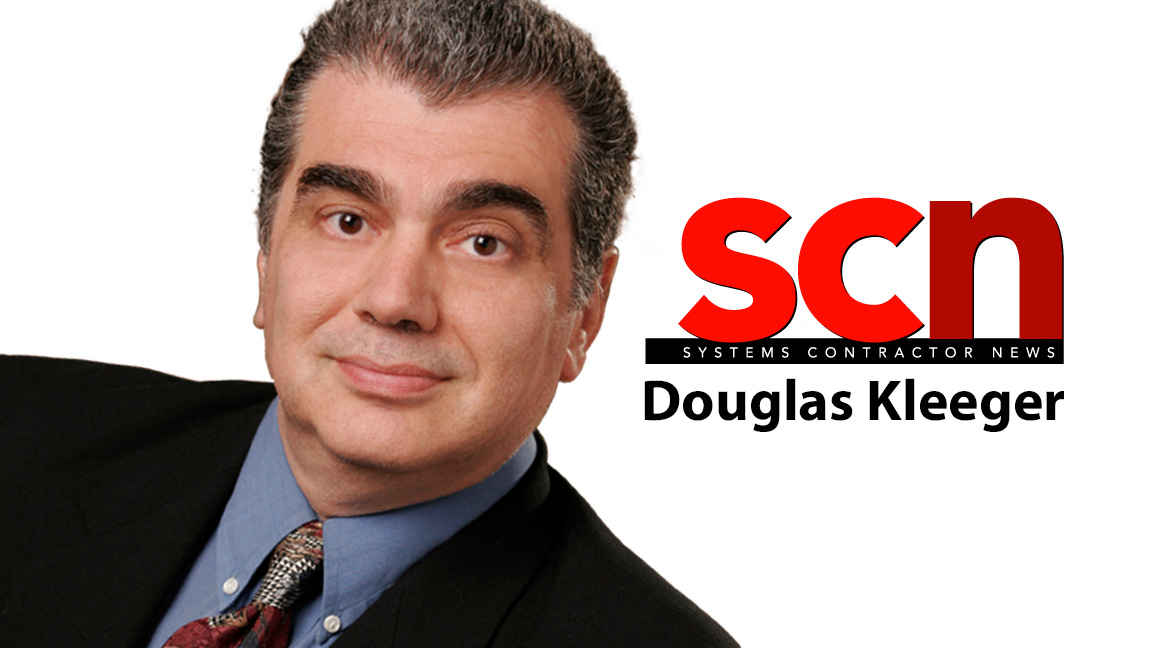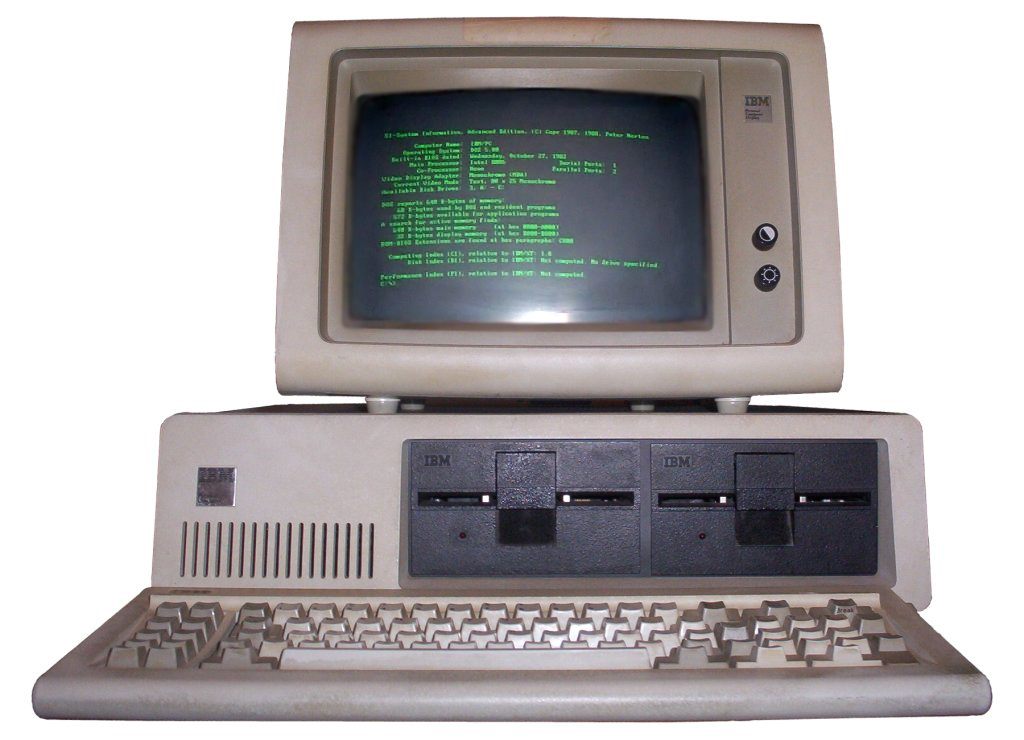Beyond The Tech: Out of Balance
Technology made us more efficient, but at what cost?

I am an engineer—and not just by trade. It's in my blood. I constantly look to fix things, create things, improve things, and take great pride in that and helping others. But for some time, I have been observing a cultural issue and its related consequences that we, the human race, seem unable to fix.
I am talking about the issue of balance and how it affects our business and personal lives. We are out of balance in most cases, both professionally and personally. Not all of us, but too many of us, in my opinion. In fact, I daresay that we are living in a society of extremes; many of us have morphed into extremists.
Future Shock
I remember reading an article at around the dawn of the personal computer (PC) age. At the time, some businesses had one computer, and a few folks even had a computer at home. The article (which I have been unable to relocate) was exciting to read. The author was making some bold predictions. Not only would families have their own PCs at home, but individual employees would have their own PCs at their desks at the office. Can you imagine that?

He went further, predicting (correctly) that a PC would allow you to do 40 hours of work in 30 hours. Then, his powers of precognition went sideways, as he predicted that the efficiency of PCs would lead to a four-day work week. Please, stop for a second and think about that. If you can do 40 hours of work in 30 hours, you could work less hours, accomplish all your tasks, and have perpetual three-day weekends.
How did that work out for us?
The naïve message here was that computers at your office would benefit you personally. We would have more personal time and reap the benefits of this technology. I feel betrayed—because the exact opposite has happened.
[Viewpoint: How Fast is the Pace of Technological Progress?]
A daily selection of features, industry news, and analysis for AV/IT professionals. Sign up below.
Computers like your cell phone are thousands of times more powerful than the computer that landed us on the moon in 1969. If you think about the time you spend in the morning, at work, after work, on the weekends, and during vacations and holidays, how many hours do you use your phone for work every week? And we're not even counting the hours you spend on your laptop!
Compared to the 1980s, technology arguably allows us to work much more effectively, producing far more than 40 hours of work product in 30 hours. What the hell happened?
Pressure to Produce
I believe one of the major catalysts to the future we are living in now was software. The first major adopted software was Lotus 123, a spreadsheet program. Of course, you know what businesses do with accounting software: They account for every dollar. With this software, the bottom line, among other things, could be analyzed and scrutinized to levels never before seen.
We are out of balance, driven by our own greed. For what, more and better everything?
Make no mistake, we let this happen. Why do we have to produce so much? What is the big rush to do more, so much more, in less and less time? Will it ever end? Is it a race to the super efficiency line, or perhaps a race to the end of our existence as social and/or recreational creatures?
We are out of balance, driven by our own greed. For what, more and better everything?
[Beyond the Tech: How Do You Define Remote Work?]
As we age, this unrelenting pace catches up with us via carpel tunnel syndrome, poor vision, and a lack of mobility (from sitting for so many hours), among other ailments. No big deal, though. Younger folks are lining up to replace us, and they say they can do the same job the old guy was doing in less time—and they will do it for less.
What would happen if we all worked less and slowed down the pace? I'm not talking about a short-term change of pace and the dilemmas it would create. I mean a long-term adjustment to our lifestyles. Wouldn’t it be better for us individually, as well as our families, our society, even good ol' planet earth?
May I suggest that you make use of this extra time technology has given you. Don’t squander it away on doing more work to make more money to buy more things you don’t have room for or won't use more than once or twice.
[Editorial: Facebook Glitch Offers Lesson in Customer Service]
I challenge you to think of something you enjoyed doing when you were younger (and did not work so much) and just do it. See if you can’t spend some quality time by yourself or with friends with no phone, laptop, etc.
I have my own prediction. Years (likely many) from now, more mature human beings than us will look back at these times, pity us, and be thankful for whatever the catalyst was for the balanced life they lead between their careers, families, and themselves.
LinkedIn is Not Facebook
I've enjoyed LinkedIn, but not so much anymore. When I want a break from my day, I often peruse posts to see what is going on in our business world. However, I would like to remind those that use LinkedIn that while personal posts are often interesting, heartwarming, or even gut wrenching, they do not belong on a business-orientated place for those looking for work, training, mentoring, etc. Telling us that you are going on vacation (I just saw such a post including a great family picture) or your child graduated college is best posted on Facebook or another personal social media site. I say this with a smile, not meaning to offend, but there is a time and place for everything. What would happen to the platform if we all started posting personal tidbits instead of professional info?

I am Doug Kleeger, CTS-D, DMC-E/S, XTP-E, KCD, the founder of AudioVisual Consulting Services. I got into this industry frankly, not by choice, but because of my love of music. My first experiences were an AM radio and hoping my favorite songs would come on the radio. There were three standouts: Yesterday (1965), the Hawaii Five-0 theme (1968), and A Boy Named Sue (1969). I was eight when my grandfather bought me my first radio from Lafayette (now defunct electronics store). I still remember perusing the pages of their catalog, looking at all the different types of equipment, putting together systems in my head. Who knew? I still do that today…can you imagine…more than 55 years later!
